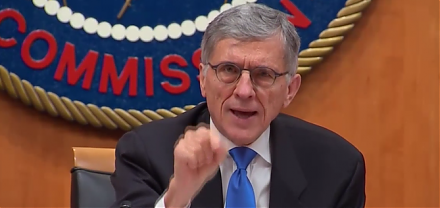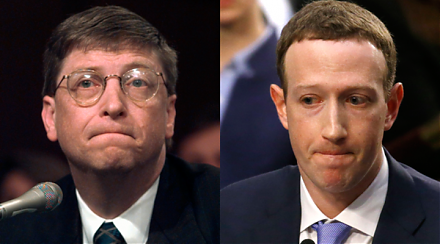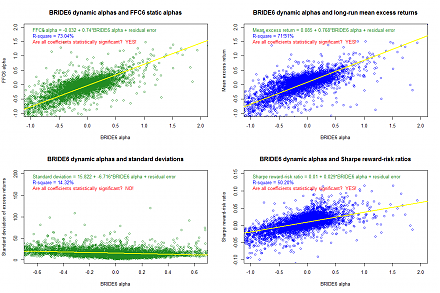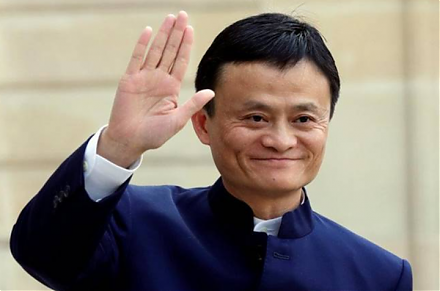

2019-02-13 11:00:00 Wed ET
treasury deficit debt employment inflation interest rate macrofinance fiscal stimulus economic growth fiscal budget public finance treasury bond treasury yield sovereign debt sovereign wealth fund tax cuts government expenditures
President Trump may reluctantly sign the congressional border wall deal in order to avert another U.S. government shutdown. With his executive power to declare a national emergency, President Trump expresses his displeasure with this House-Senate compromise, but he has to accept the $1.4 billion border wall deal. House and Senate negotiators tentatively reach a border security agreement in principle to avoid another partial government shutdown.
Several commentators view this presidential ploy as a risky maneuver that may open the Pandora box of future challenges both in court and in Congress. Trump seeks alternative public finance to fund the $5 billion southern border wall. The key immigration reform reflects the fact that President Trump faces political opposition from House Democrats with respect to public finance.
This public finance standoff may exacerbate the current U.S. fiscal budget deficit. In accordance with the Sargent-Wallace unpleasant monetarist arithmetic principle, the monetary authority would need to allow higher money supply growth or inflation in the form of higher seigniorage taxes if the fiscal authority continues to fund the budget deficit with incessant public bond issuance. In this light, the congressional border wall deal has profound policy implications for fiscal equilibrium as well as monetary price stability.
If any of our AYA Analytica financial health memos (FHM), blog posts, ebooks, newsletters, and notifications etc, or any other form of online content curation, involves potential copyright concerns, please feel free to contact us at service@ayafintech.network so that we can remove relevant content in response to any such request within a reasonable time frame.
2017-12-13 06:39:00 Wednesday ET

The Federal Communications Commission (FCC) has decided its majority vote to dismantle rules and regulations of most Internet service providers (ISPs) that
2018-09-13 19:38:00 Thursday ET

Bill Gates shares with Mark Zuckerberg his prior personal experiences of testifying on behalf of Microsoft before U.S. Congress. Both drop out of Harvard to
2023-01-09 10:31:00 Monday ET

Response to USPTO fintech patent protection As of early-January 2023, the U.S. Patent and Trademark Office (USPTO) has approved our U.S. utility patent
2016-10-19 00:00:00 Wednesday ET

India's equivalent to Warren Buffett in America, Rakesh Jhunjhunwala, offers several key lessons for stock market investors: When the press o
2019-09-25 15:33:00 Wednesday ET

Product market competition and online e-commerce help constrain money supply growth with low inflation. Key e-commerce retailers such as Amazon, Alibaba, an
2023-05-07 10:27:00 Sunday ET

William Easterly critiques several economic development policies and then indicates that bottom-up solutions often result in macro policy success in spite o